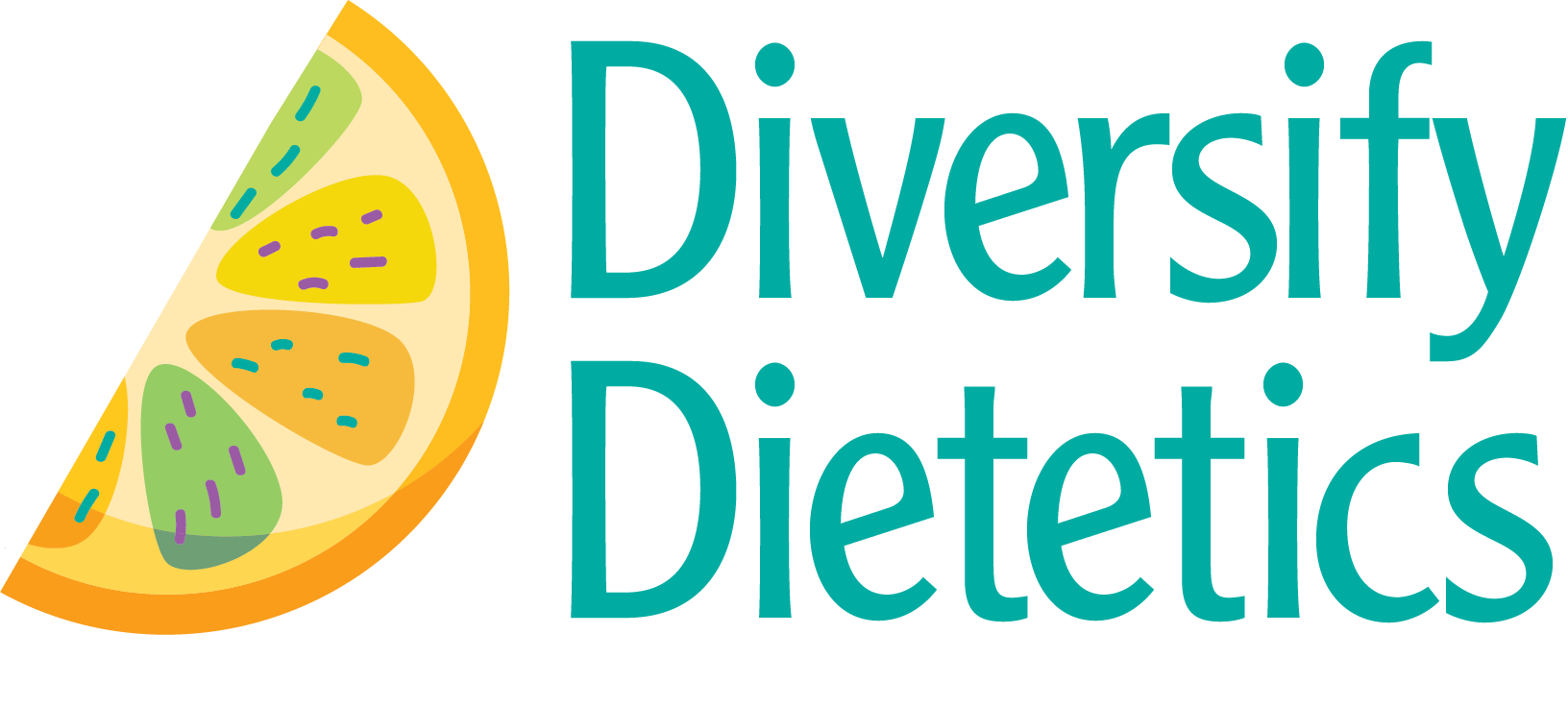RDN Spotlight: Michelle Jaelin, RD
What is your ethnicity/race Did your family have any customs related to food?
My parents are both immigrants from Hong Kong. I was born in Canada. Growing up I ate congee, macaroni in soup (with ham, peas and corn), dim sum, dumplings, fried noodles and rice. There are lots of different foods for celebratory occasions too, such as moon cake for the Mid-Autumn Festival and new year cake (a sweet and sticky rice cake) for the Lunar New Year.
Where did you go to school and complete your dietetic internship?
I went to Ryerson University in one of the most diverse cities in the world - Toronto, Canada! While pursuing my dietetics degree, I also completed a Certificate in Food Security. It was a great complimentary to my dietetics education because I learned more about the social determinants of health, and how racialized identities have greater difficulty accessing healthcare and healthy food in Canada. I completed my dietetic internship with the Aramark Canada Dietetic Internship Program.
Why did you decide to choose nutrition and dietetics as a career?
I was always a creative child and an artist. I got interested in photographing people and food in my first undergraduate degree in visual arts. I also always wanted a career where I could help people and make a difference. Food and art, and art and food. Nutrition and dietetics somehow helped me merge the two areas of passion.
What do you do now as a dietetics professional and what does a typical day or week look like for you?
I am an entrepreneur and own a nutrition communications and consulting business, so every day is different! If I have a TV appearance in the morning, I am up super-early to get down to the TV station. If I have an event later in the day, I will probably wake up later in the day because that means I will be staying up late at night. Sometimes I am in the kitchen developing recipes, and other days I am in the studio taking photos. Other days I write, edit photos, do admin work or take care of errands. It's nice because I never get bored this way!
What was the biggest challenge for you in becoming a dietitian and how did you overcome it?
Hard to say because there have been so many challenges. Becoming a dietitian is not easy! The most challenging thing was definitely finding out I had failed my national licensing exam on my first attempt, and then getting fired by my company because of it. This all happened three days before Christmas. When that happened, my regulatory college and professional association also weren't being very supportive. As a newcomer at the time, I learned very quickly that compassion for people failing in this profession is hard to find. I was in a very dark place and felt like I was never meant to be an RDN, despite the 8-9 years I had already devoted pursuing this education and training.
In the spring, I managed to pull myself together and start studying again for my exam. This time I did it differently. Instead of poring over all of the material, I focused on practice questions and even made some of my own that were similar to the format of the exam. For weeks, I had I devoted several hours each day in the library to do this. I [took] it again, and passed this time around.
During my dietetic internship, I also experience several microaggressions. Sometimes a colleagues would make a comment about an Asian "ethnic" food, and assume that I ate that type of cuisine or knew how to cook it because I'm Asian. I have learned to brush certain things off. Often those experiences would re-appear in my reflective practice journals. It was a great way for me to reflect on things that I wanted to see change in this profession.
Have you had any mentors and how have they affected your career?
Yes! Mentors have definitely helped to guide my career. They have also helped me to see my own value, nurture my own talents and taught me to never sell myself short!
Why do you think diversifying the field of nutrition is important?
Everyone eats. And although there is so much literature on "mainstream" nutrition foods, very little is discussed when it comes to ethnic food. Several years ago when I was still a student, I wanted to use photography to communicate a nutrition message. During dinner, I took out my camera to photograph what we were eating.
My mom said, "Don't photograph this - otherwise they will see all the bad food we eat!" On the kitchen table was steamed whole fish, white rice, and choy sum (a green leafy vegetable). Foods of our culture, that were all relatively healthy. That's when I realized how much our profession greatly needed more diversity.
What advice would you give a student of color interested in entering this profession?
Do not get discouraged. It is difficult to become a dietitian, but it is worth it in the end. If you fail once, go back and try again. I am an example of failure, perseverance, hard work and finally - success. If I can do it, you can too!



